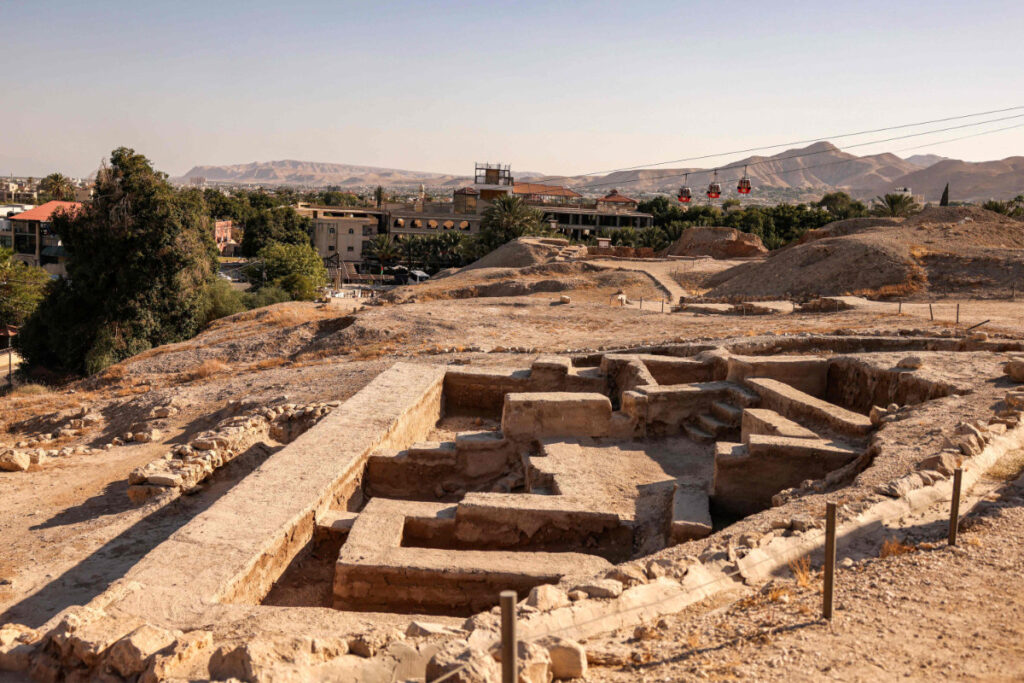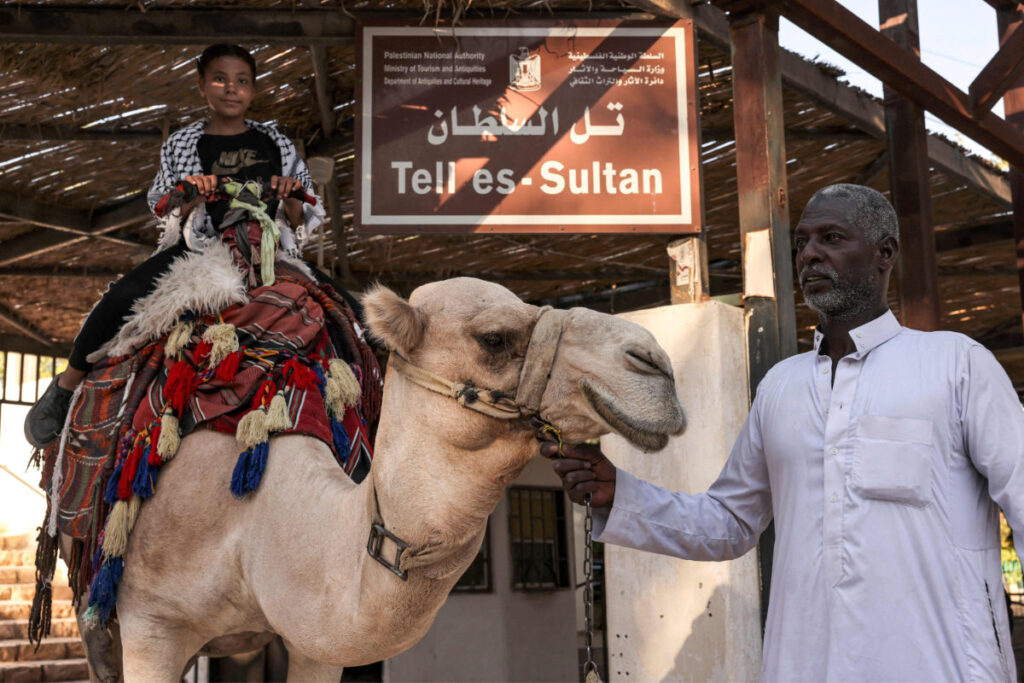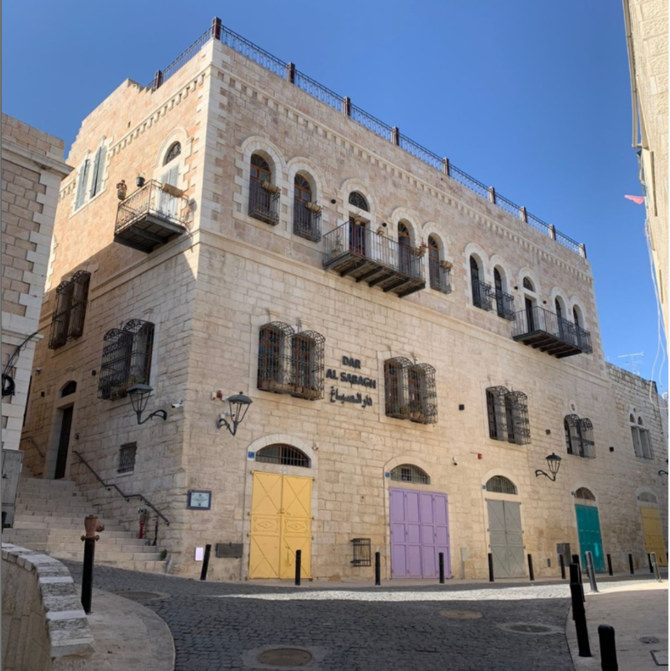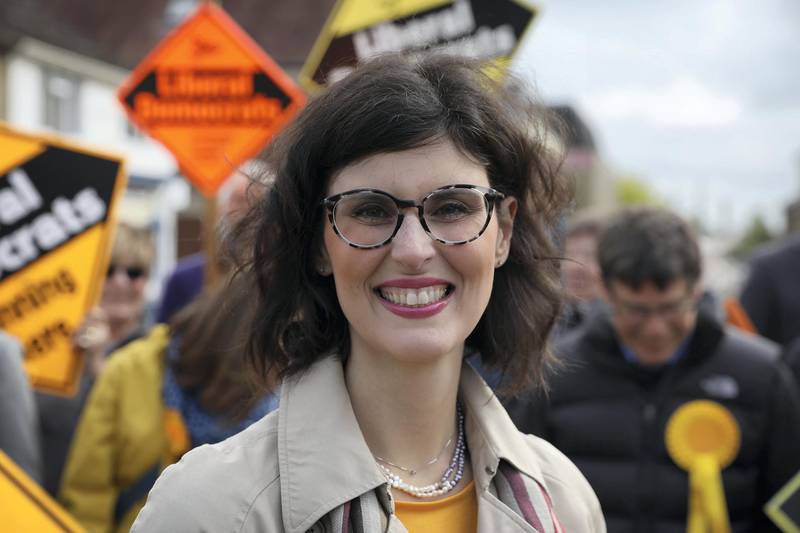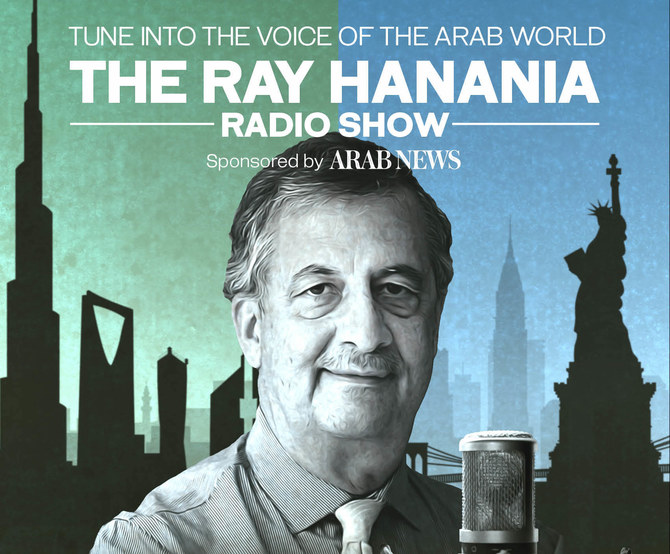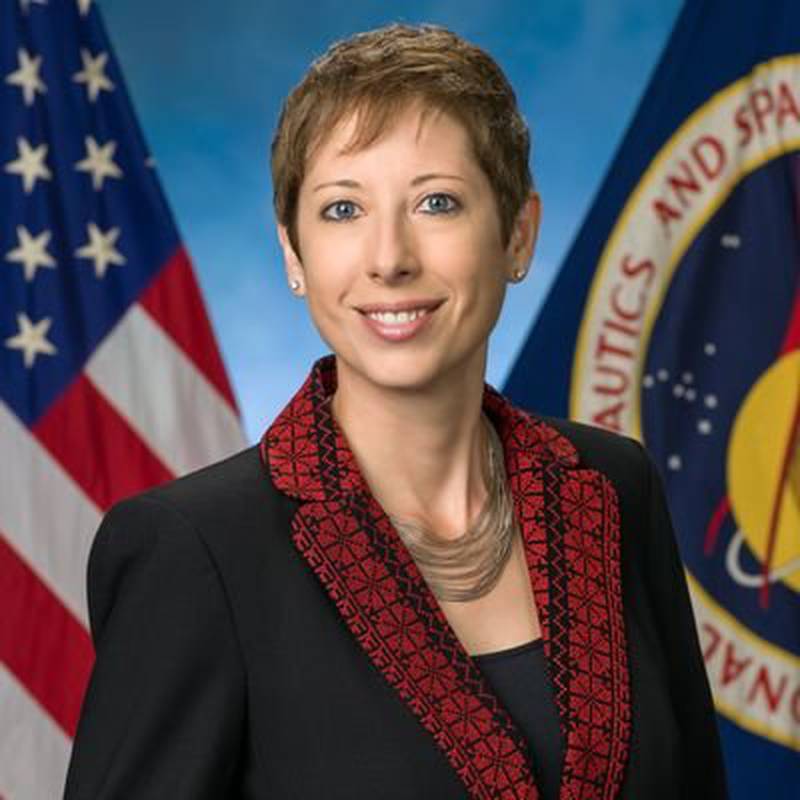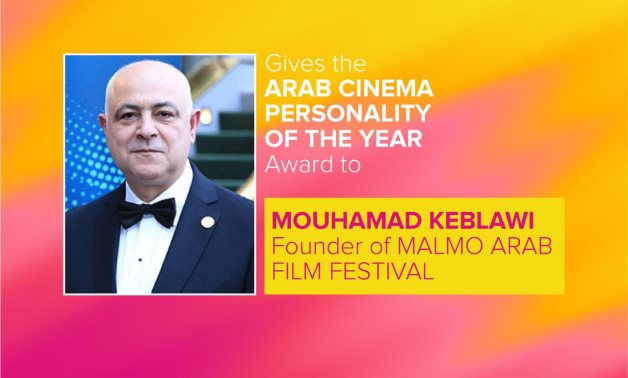President His Highness Sheikh Mohamed bin Zayed Al Nahyan today honoured the winners of the Zayed Sustainability Prize in a ceremony held as part of the UN Climate Change Conference (COP28) hosted by the UAE at Expo City Dubai.
The ceremony was attended by numerous heads of delegations participating in COP28, ministers, senior government officials, and prize winners and finalists.
His Highness congratulated the winners, praising their efforts in promoting sustainability and encouraging them to continue their important contributions in this field. His Highness emphasised that the UAE is steadfast in building upon its established legacy in sustainability, a foundation laid by the country’s Founding Father, the late Sheikh Zayed bin Sultan Al Nahyan. In this regard, His Highness highlighted the significant role of the Zayed Sustainability Prize in advancing sustainable development, serving humanity, and empowering innovators, entrepreneurs, and youth to actively contribute towards making a positive difference for our planet.
The Zayed Sustainability Prize aims to perpetuate the legacy of the late Sheikh Zayed bin Sultan Al Nahyan by honouring and supporting small and medium enterprises, non-profit organisations, and secondary schools that offer sustainable solutions addressing challenges in health, food, energy, water, and climate. Over more than 15 years, the Prize has positively impacted the lives of 384 million people worldwide through the innovative solutions presented by its 106 winners.
The Zayed Sustainability Prize also focuses on promoting youth engagement in sustainability through its Global High Schools category, which encourages youth to play active roles in supporting their communities and leading future sustainability efforts. The winners in this category, numbering 47 global high schools, have positively impacted the lives of more than 55,186 students and 453,887 people in their local communities.
The eleven winners of this year’s edition were unanimously selected in September by the jury after a thorough review of all candidates to assess their contributions and commitment to presenting innovative, impactful, and inspiring solutions across various prize categories, including Health, Food, Energy, Water, Climate Action, and Global High Schools.
During the ceremony, Dr. Sultan bin Ahmed Al Jaber, Minister of Industry and Advanced Technology, Director-General of the Zayed Sustainability Prize, and COP28 President, stated, “In line with the vision and direction of the leadership, the Zayed Sustainability Prize has been contributing to inclusive sustainable development and advancing climate action for over 15 years. Today, the UAE reaffirms its commitment to stimulating action to mitigate climate change impacts, empowering communities in need of support, and creating positive change in the world, especially in the Global South.”
The winners in the Climate Action category include Kelp Blue Namibia, recognised for its ambitious efforts in cultivating extensive seaweed forests in deep waters. The company has contributed to the restoration of ocean biodiversity and the sequestration of 100,000 tons of carbon dioxide from the atmosphere annually, in addition to creating job opportunities in coastal communities.
In the Health category, the Indonesian organisation DoctorSHARE was honoured for its pioneering work in delivering healthcare to remote and hard-to-reach areas through its floating hospitals. The organisation has made a widespread positive impact, treating more than 160,000 patients.
The Gaza Urban and Peri-Urban Agriculture Platform (GUPAP) from Palestine emerged as the winner in the Food category, commended for its contributions to supporting Gaza’s agricultural sector. This non-profit organisation facilitates access to locally produced food and has provided employment opportunities for about 200 women in agriculture, benefiting over 7,000 individuals.
In the Energy category, Ignite Power from Rwanda was recognised for its significant efforts in providing affordable electricity to remote communities in sub-Saharan Africa. The company has supplied solar power solutions to 2.5 million people through a pay-as-you-go model, thereby avoiding 600,000 tons of carbon dioxide emissions. They have also introduced innovative solar-powered irrigation solutions, creating 3,500 job opportunities in local communities.
For the Water category, the French non-profit organisation Eau Et Vie was awarded for ensuring access to clean water in impoverished areas by installing water taps directly in homes in urban regions. The organisation has facilitated water access for 52,000 people across 27 neighbourhoods in 10 cities, raised health practice awareness among 66,000 individuals, and reduced water costs by 75 percent.
The recipients of the Global High Schools awards are Colegio De Alto Rendimiento De La Libertad (Peru), representing the Americas; Gwani Ibrahim Dan Hajja Academy (Nigeria), representing sub-Saharan Africa; International School (Morocco), representing the Middle East North Africa; Northfleet Technology College (United Kingdom), representing Europe Central Asia; KORT Education Complex (Pakistan), representing South Asia; and finally, Beijing High School No. 35 (China), representing East Asia Pacific.
The Chair of the Jury and former President of the Republic of Iceland, Ólafur Ragnar Grímsson, said, “This year’s winners have demonstrated a remarkable wave of ingenuity in their solutions to address urgent global challenges. We have confidence that these winners will catalyse substantial and scalable change in communities worldwide, propelling us towards vital climate action objectives and forging a path to a sustainable future for all.”
source/content: wam.ae (headline edited)
___________

___________________________________

